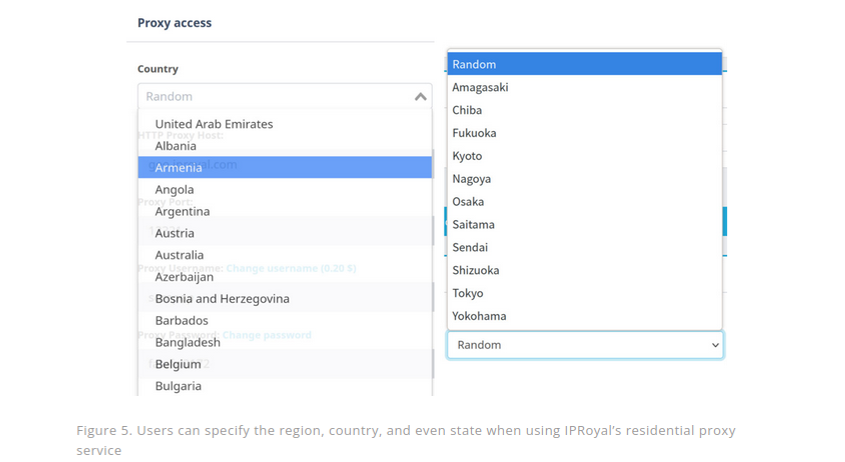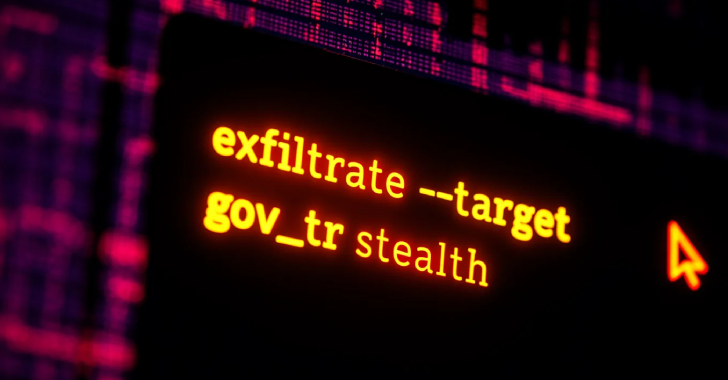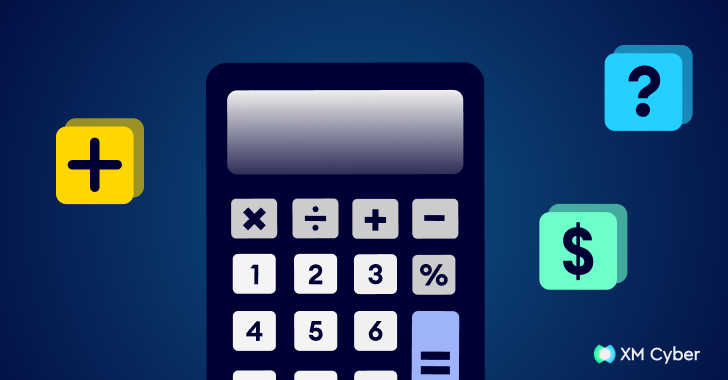
What are the CJIS Controls?
In today’s digital age, the security and integrity of criminal justice information are of utmost importance. With the increasing reliance on technology and electronic systems, law enforcement agencies face significant security challenges in effectively managing and safeguarding sensitive data. The Criminal Justice Information Services (CJIS) controls provide a comprehensive set of security standards designed to protect criminal justice information from potential threats and ensure the confidentiality, integrity, and availability of that data. In this article, we will explore the CJIS controls and their significance in maintaining data security within law enforcement agencies.
The CJIS controls were developed by the FBI’s CJIS division in collaboration with various law enforcement agencies, subject matter experts, and industry professionals. These controls establish a framework that outlines the security requirements and best practices to protect criminal justice information throughout its lifecycle. The controls cover a wide range of areas, including access control, incident response, audit and accountability, media protection, awareness training, and more.
Let’s delve into some key aspects of the CJIS controls and understand their significance in ensuring data security within law enforcement agencies:
- Access Control:
Access control is an essential part of safeguarding criminal justice information. The CJIS controls emphasize the implementation of effective access controls, including unique user identification, strong authentication mechanisms, and strict authorization policies. These measures ensure that only authorized personnel can access sensitive data, reducing the risk of unauthorized disclosure or misuse. Access control not only protects the confidentiality of criminal justice information but also helps maintain the integrity and accountability of data by tracking user actions and enforcing appropriate access restrictions.
- System and Communication Protection:
CJIS controls address the security of both the physical and logical aspects of information systems. Physical protection measures involve securing data centers, servers, and storage devices from unauthorized access, theft, or damage. Logical protection measures include employing encryption for data at rest and in transit, implementing network security controls, and regularly patching and updating systems to address vulnerabilities. By implementing these controls, law enforcement agencies can protect criminal justice information from theft, unauthorized modification, or interception, and ensure the integrity and confidentiality of data.
- Incident Response and Reporting:
Incident response is a critical aspect of cybersecurity. The CJIS controls emphasize the need for law enforcement agencies to establish an incident response plan to handle security incidents promptly and effectively. This plan outlines procedures for incident detection, analysis, containment, eradication, and recovery. Incident response ensures that any security breaches or incidents are addressed in a timely manner, minimizing the damage and potential impact on criminal justice information. Additionally, agencies must report significant security incidents to the CJIS division to facilitate information sharing and collaboration in mitigating future threats.
- Auditing and Accountability:
Maintaining a robust audit trail and enforcing accountability are vital aspects of ensuring data security. The CJIS controls require agencies to implement auditing mechanisms that capture relevant security events and activities, including user logins, file accesses, and system changes. These logs are regularly reviewed and analyzed to identify potential security incidents or unauthorized activities. By enforcing accountability, agencies can deter insider threats, detect suspicious behaviors, and facilitate investigations in case of security breaches or policy violations.
- Awareness and Training:
Human error and lack of awareness are common vulnerabilities in any security program. Therefore, the CJIS controls emphasize the importance of promoting security awareness and providing regular training to personnel handling criminal justice information. Training programs cover various topics, including best practices for data protection, recognizing and responding to security threats, and understanding the consequences of non-compliance. By fostering a culture of security awareness and continuous learning, law enforcement agencies can empower their personnel to be proactive in safeguarding sensitive data and minimizing security risks.
- Media Protection and Disposal:
Physical media, such as hard drives, tapes, or CDs, that contain criminal justice information must also be adequately protected and disposed of when no longer needed. The CJIS controls outline specific requirements for secure media storage, labeling, transportation, and destruction to prevent unauthorized access or data leakage. Adhering to these controls ensures the proper handling and disposal of physical media, reducing the risk of data breaches and unauthorized access.
In summary, the CJIS controls serve as a critical set of security standards that law enforcement agencies must adhere to protect criminal justice information. By implementing these controls, agencies can establish robust security measures, enhance access control, protect information systems, respond effectively to security incidents, and promote security awareness among personnel. Compliance with the CJIS controls not only safeguards sensitive data but also promotes public trust in the criminal justice system by ensuring the confidentiality, integrity, and availability of criminal justice information.
As technology continues to evolve and threats become more sophisticated, the CJIS controls play a vital role in helping law enforcement agencies stay ahead of the curve and effectively protect criminal justice information in an ever-changing digital landscape.
Contact Cyber Defense Advisors to learn more about our CJIS Compliance solutions.





